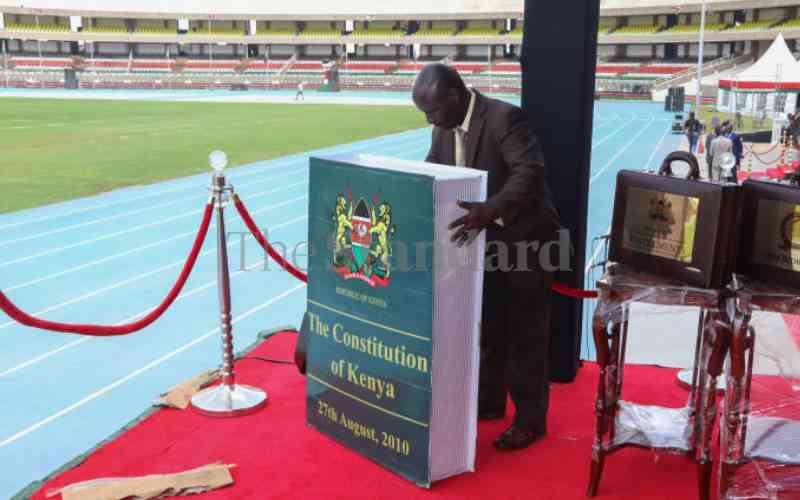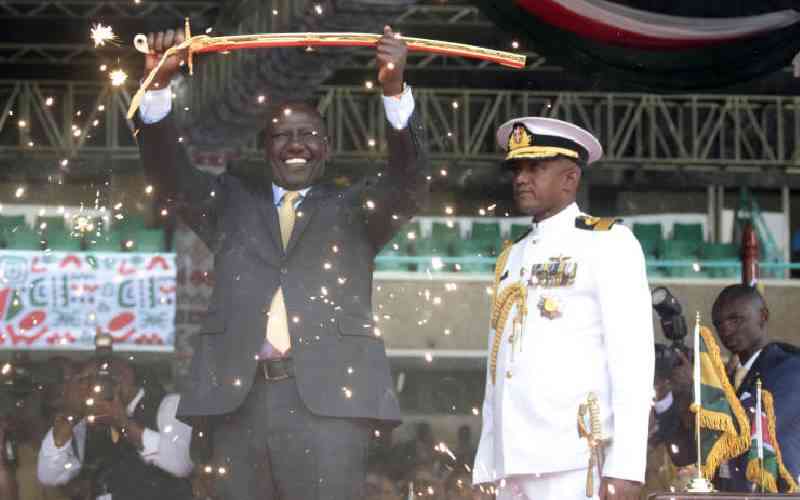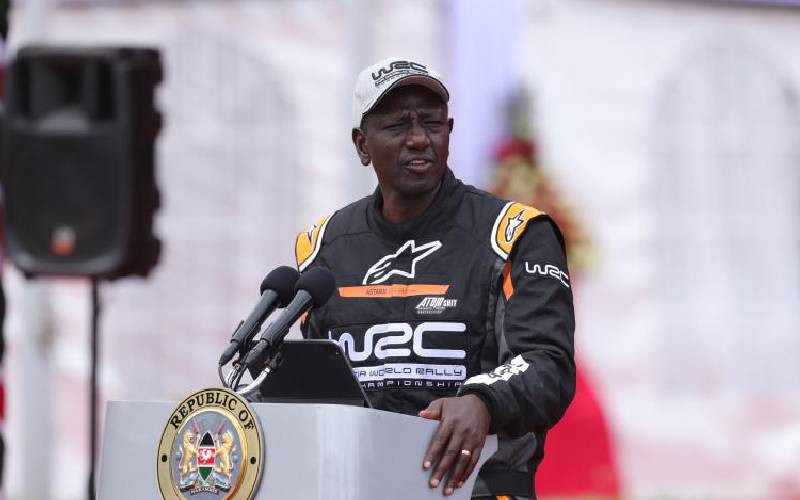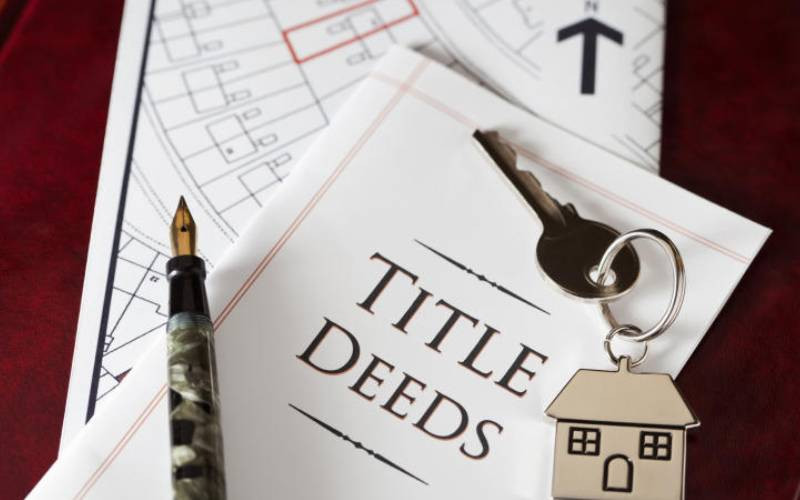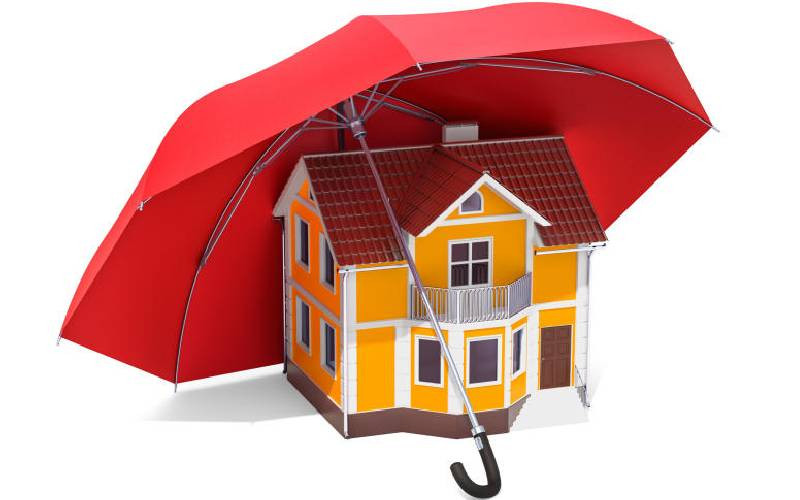
The National Development Plan, Vision 2030 Strategy targets the provision of 200,000 housing units annually for all income levels.
With only 50,000 new housing units supplied every year, Kenya faces a shortage of about 2 million housing units. Most of the housing units are by the private sector, with 80 per cent targeting the high-end market and only 2 per cent for the middle-income populations.
Three-quarters of the population is under 35 years of age. Coupled with rapid urbanisation, at an annual rate of 4.3 per cent in 2021, it has put pressure on the need for housing, infrastructure, and related amenities with 61 per cent of urban households living in slums.
This deficit is rising due to constraints on both the demand and supply side, worsened by an urbanisation rate of 4.4 per cent which is equivalent to 0.5 million new city dwellers every year. Due to housing shortage, vulnerable groups like women, children, the elderly, and persons with disabilities are most at risk.
The Kenya Kwanza Government has therefore made the Affordable Housing Programme (AHP) the centerpiece of all efforts geared to providing decent, safe, and affordable housing for Kenyans. In the past few years, the State Department of Housing and Urban Development and its implementing agencies have overseen or participated in several projects such as Pangani, Nakuru Bondeni, Moke Gardens and Buxton point housing projects. These projects were done in collaboration with county governments and private sector entities.
AHP is not just about four walls and a roof, it is about employment creation. From jua kali artisans fabricating doors and windows, to mama mandazi na chai, the construction site is a job and wealth creation facility like no other. The economic impact of the programme is expected to raise the GDP from 7 per cent to 14 per cent. It is envisaged that every 1 US dollar invested in the sector will add between 1.5 and 3 US dollars into the economy.
The nature of housing and construction that the AHP will be engaged in will require necessary frameworks providing sufficient exploration of value add-ons in the manufacturing and financing sectors. Resolving existing hurdles in these sectors would create an environment for the development, completion, and occupation of housing projects nationwide. Considerations into the reduction of construction costs and employment of global best practices are foremost in achieving sustainable progress in affordable housing.
Key steps have been taken to reduce construction costs including exemption of VAT on importation and local purchase of goods for the construction of houses under the affordable housing scheme. Developers will also pay a lower corporate tax of 15 per cent for construction of above 100 units. We, therefore, expect heightened construction activity that would spur the informal sector.
The government's housing agenda has helped in formalising the informal sector to create capacity for partnerships and expansion. Ring-fencing strategies have been established to ensure that the jua kali sector is able to supply inputs to the affordable housing programme.
One such instance is the corporatisation of Ngong Road, Kamukunji and Kariobangi Jua Kali associations to form NgoKamKa. As a result, the newly formed corporation amassed a unified membership of 10,000 members. This allowed the jua kali associations to supply essential building materials and tools. These tools include steel wheelbarrows, trowels, chisels, hammers, rakes, pangas, marking pegs, box gutters, and assorted nails among other essential materials.
 The Standard Group Plc is a multi-media organization with investments in media platforms spanning newspaper print
operations, television, radio broadcasting, digital and online services. The Standard Group is recognized as a
leading multi-media house in Kenya with a key influence in matters of national and international interest.
The Standard Group Plc is a multi-media organization with investments in media platforms spanning newspaper print
operations, television, radio broadcasting, digital and online services. The Standard Group is recognized as a
leading multi-media house in Kenya with a key influence in matters of national and international interest.

